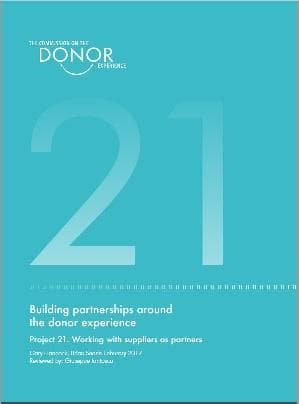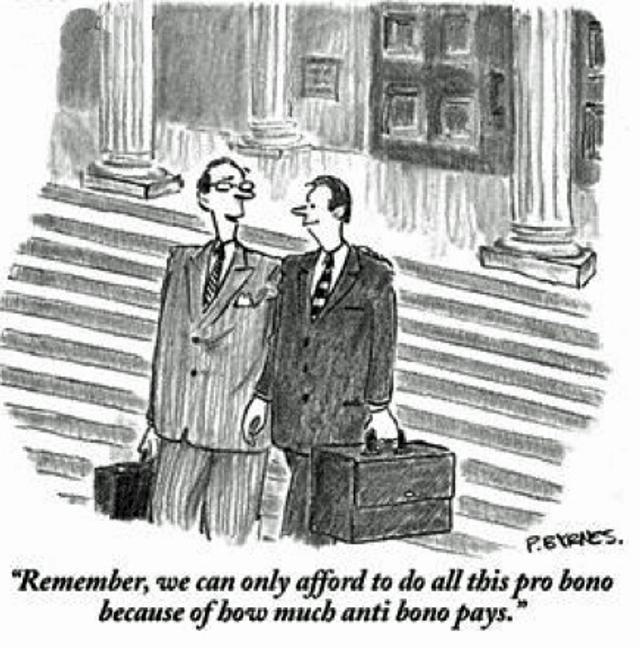How to be an effective client
This is a place where fundraisers can learn how to be an effective client and ensure that not so much as a penny of donor's faithfully given money is wasted.
Read SOFII’s founder and trustee, Ken Burnett’s introduction to this showcase, where he explains why he thinks it's not just important but critical, that fundraisers have a place to go where they can learn how to be an effective client. The reason for this? To ensure that not so much as a penny of donor's faithfully given money is wasted. SOFII can be that place.
CDE project 21: working with suppliers as partners

by The Commission on the Donor Experience
This project will aim to show fundraisers how to be an effective client and so to get the most for their donors from their prudent and well-managed investment in supplier services.
Read moreHello! Testing! Testing! Testing!

by Andrew Papworth
Andrew Papworth says that testing is a vital part of good fundraising.
Read moreHow to be an effective client

by Ken Burnett
SOFII’s co-founder Ken Burnett, introduces this showcase and explains why he thinks it’s not just important but critical, that fundraisers have a place to go where they can learn how to be an effective client. The reason for this? To ensure that not so much as a penny of donor’s faithfully given money is wasted. SOFII can be that place.
Read moreGeorge Smith: Working with suppliers, part one

by George Smith
A more serious article than ‘So you seriously want to be a client?, George says that if we really want to be creative in fundraising we have to know how to get help from suppliers.
Read moreThe customers always write

by George Smith
In 1983 George Smith was a revered columnist for the UK’s highly regarded Direct Response magazine. The first of the two articles featured here appeared way back then, shortly after the movie Chariots of Fire had come out, and was written as a direct result of one dreadful client meeting.
Read more







